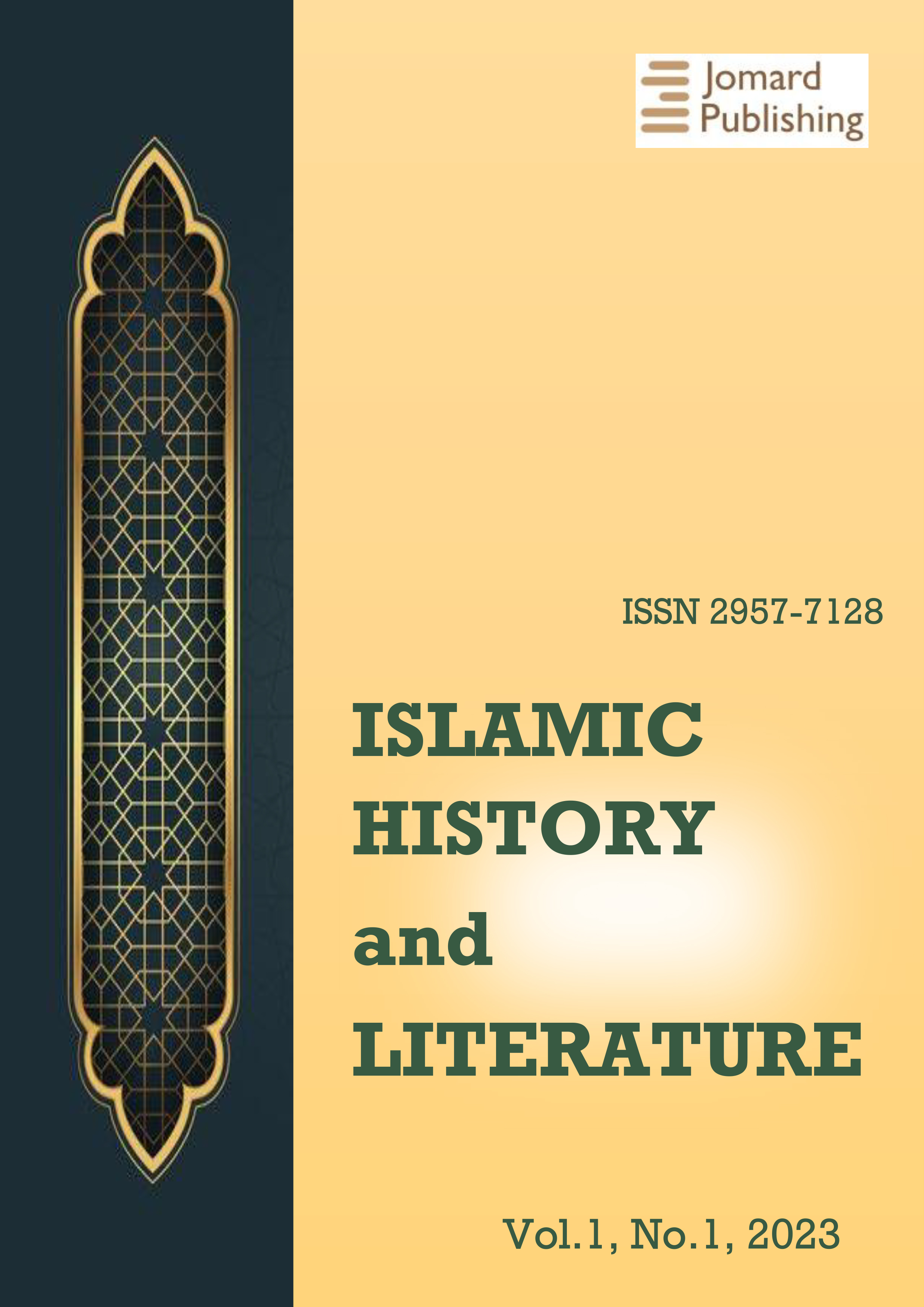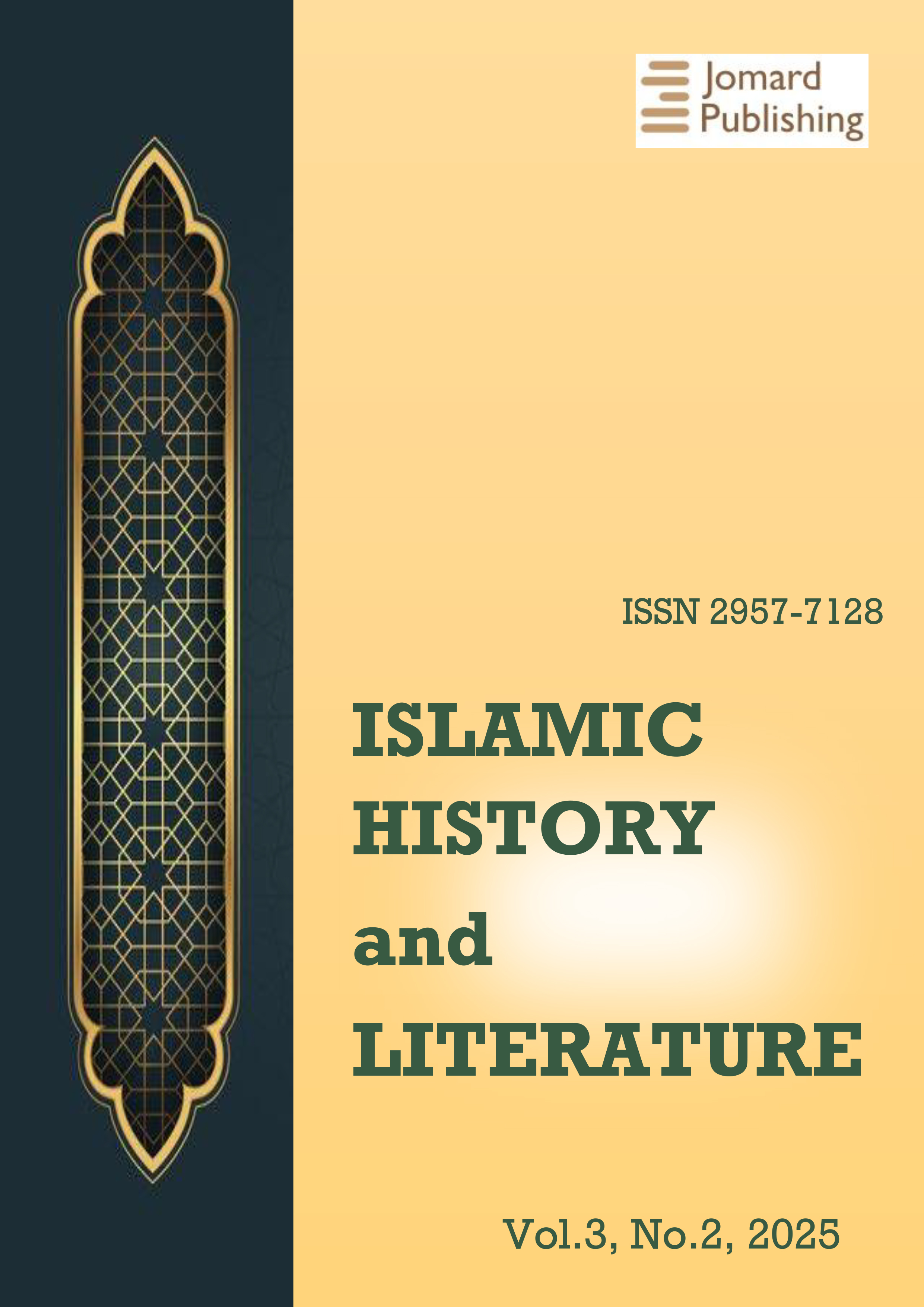The Influence of Islam on the Development of the Russian Language in the Context of Cultural Interaction
- Published: 12-05-2025
Share
The article explores the influence of Islamic culture on the formation and development of the lexical composition of the Russian language in the context of historical and cultural interaction. The work is based on the principles of an interdisciplinary approach and is structured according to the scientific IMRAD model. The introduction justifies the relevance of the topic from the perspective of contemporary intercultural dialogue and the preservation of the linguistic heritage of the Muslim peoples of Russia. The object and subject of the study are defined Islamic borrowings of Arabic, Persian and Turkic origin in the Russian language. The methodology section describes the applied methods: comparative-historical, etymological, corpus and contextual analysis, which help identify the paths of borrowings and dynamics of their usage. The results present the main groups of Islamic borrowings, including religious terms, administrative designations and socio-cultural vocabulary that entered the Russian language predominantly through Turkic mediation. It is shown that some of these words underwent semantic changes and became part of the secular lexicon. The discussion section analyzes examples of semantic transformations, considers the mechanisms of linguistic interaction and examines the integration of Islamic concepts into the Russian linguistic worldview. The conclusion emphasizes the significance of Islamic influence on language as a factor of civilizational exchange, contributing to the development of intercultural tolerance and a scientific understanding of historical processes. The results of the study can be used in linguistics, cultural studies, educational practice and interethnic policy.
- View 630
- Downloads 145
- Saveds 0
- Citations (Crossref) 0

